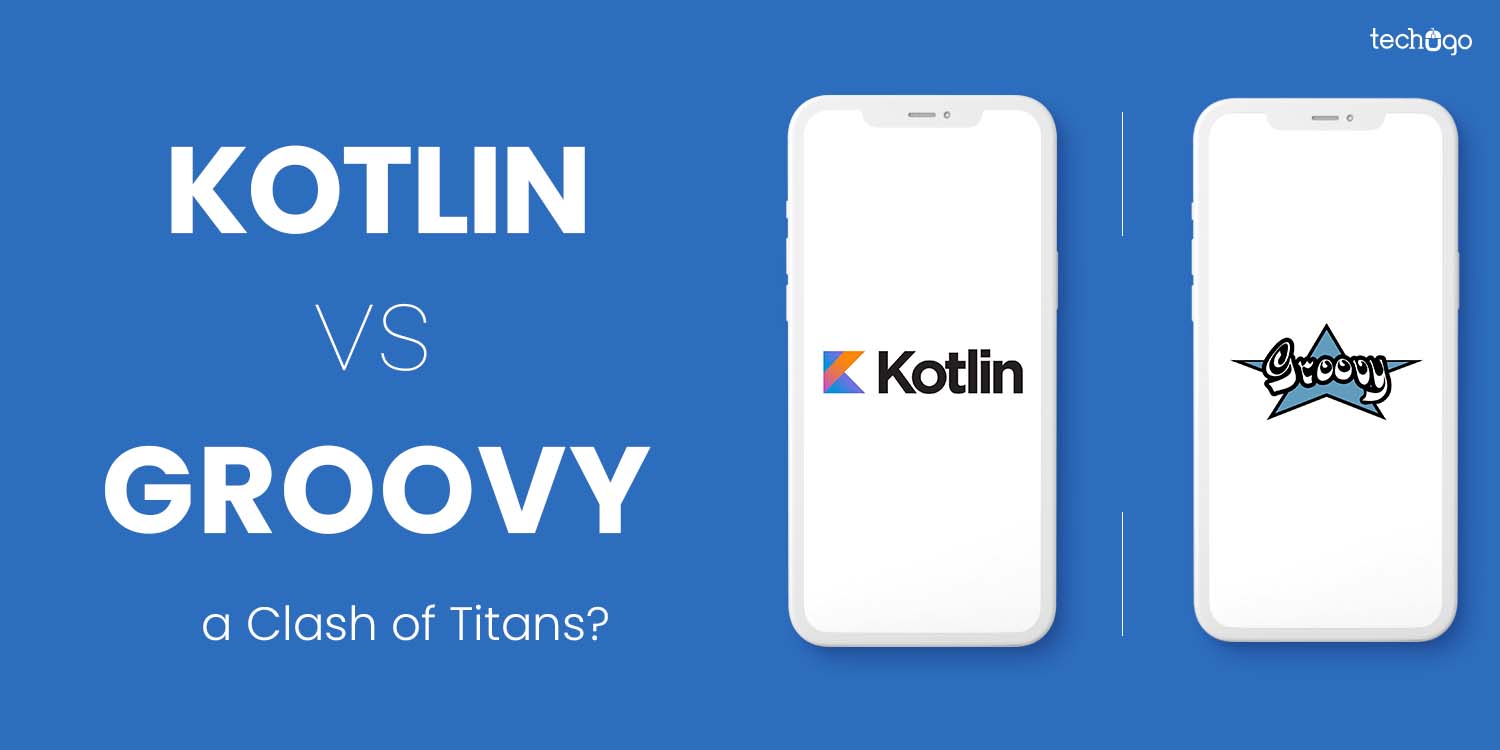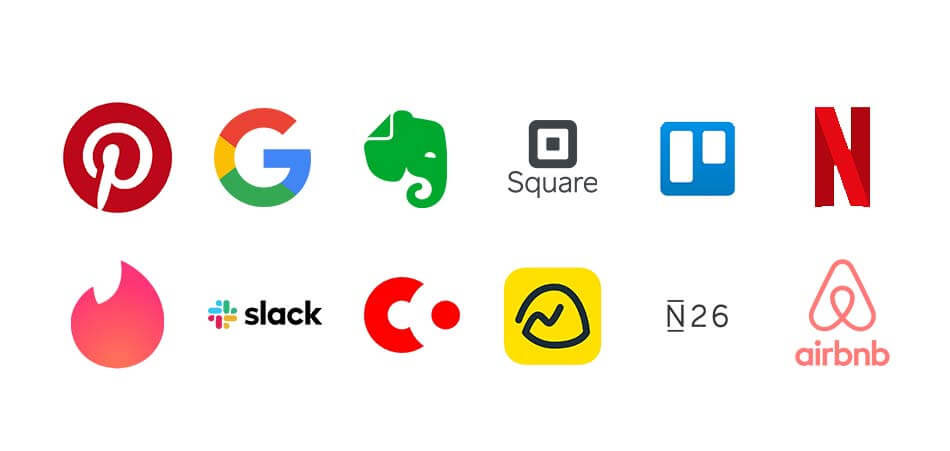Write Us
We are just a call away
[ LET’S TALK AI ]
X
Discover AI-
Powered Solutions
Get ready to explore cutting-edge AI technologies that can transform your workflow!


Android app development has been one of the most popular among developers and businesses worldwide. And the reasons are in ABUNDANCE.
However, the constant updates and tech trends have pushed OS and their languages to improve and adapt to make a pace with the on-going app development needs.
In this run, Android languages have emerged to help programmers in adding new features to products.
With a hearty nod, most business owners and programmers would agree that creating sophisticated applications necessitates using an advanced programming language. Although many popular programming languages are available that are efficient, versatile, and have automation, a developer frequently appears perplexed when it comes to choose which programming language is appropriate for developing apps.
So, this post has brought you a comparison – Kotlin vs Groovy, for your better understanding of choosing a language for Android app development.
Excited to know more?
Stay tuned to this blog post and just scroll it further to unleash the fact, which language is better than the other.
Also Read – How to Choose a Mobile App Development Company?
Indeed, considering the wide spectrum of programming paradigms, it is hard to assess which is the best between Kotlin and Groovy, as each of them comes with its own features and functionalities.
While the battle of Kotlin vs Groovy has started to grow, the app development landscape has started relying on more efficient programming languages. This comparison also brings the top technologies to Kotlin app development and Groovy app development. Therefore, choosing a programming language for your next Android app development project is a serious matter to discuss.
Hence we have brought you a quick comparison guide to glean insights on Kotlin vs Groovy. It will assist you in finding which is better for your next Android mobile app development project.
So let’s get on a quick nerdy tour of Android languages…
Well, the first and the foremost Kotlin is an official Android language and is developed by Jetbrains, famous for its IDE named IntelliJ IDEA. In simpler words, it is a high-level, statically typed programming language, which runs on JVM-Java Virtual Machine and is easy to be compiled to JavaScript source code or handle the LLVM compiler infrastructure. In addition, it includes an improved syntax that further helps in triggering concise expressions and abstractions. No prize for guessing but it certainly removes the clutter of boilerplate code and makes the process as smooth as possible.
Thus, android development with Kotlin gives you an extra edge to compete with the trends in the market. Many businesses have incorporated this programming language to create their first Android app. By contacting the best mobile app development company, you can start developing your business app project.

The Kotlin programming language is completely compatible with Java which is an additional benefit. Developers using Kotlin may use all Java frameworks and libraries while producing more readable and concise code. Therefore, Android engineers can use both languages while developing a mobile app and migrate their Java programs to Kotlin.
Talking about Java interoperability, you can easily convert a large Java-based project to Kotlin one file at a time. And you’ll see that everything is still successfully compiling, even if it has millions of lines of code. This is because the top app development company uses Java to maintain legacy projects and write the code in Kotlin. This way, it becomes easy to develop a robust Android app.
Less code is good, but readability is something you shouldn’t miss considering. It gives you enhanced and improved access to code. And when you use Kotlin, you get both; less code plus readability. Moreover, JetBrains made every effort to keep the language as succinct as possible, and they succeeded.
In addition, when properly implemented, less code produces fewer bugs. And hence, you can concentrate on more important tasks when you delegate some tedious coding tasks to the framework. Kotlin facilitates high readability and simplicity for the Android app development process.
With the inception to provide a good and safe compiler, the Kotlin language development team worked hard to create this programming language. Being one of the most advanced programming languages for Android app development, here are some aspects of the compiler in Kotlin:
Moreover, it prevents common mistakes during program execution because of semantic integration.
Not academics, but the business world gave birth to Kotlin. To work with its flagship product, IntelliJ IDEA, which is entirely built in Java, JetBrains needed a more accessible tool.
They looked into the alternatives but were unhappy, so they created their programming language. The objective was to create a powerful, efficient tool to use with Java and function anywhere that Java could.
Kotlin, therefore, helps programmers overcome their problems. The type system, for instance, aids in preventing null pointer exceptions. But unfortunately, while vast codebases and APIs, which support null, are more common in research academic languages, this is of no value to software engineers who work with them.
The fact that Kotlin’s code is shorter has previously been determined. Consequently, a precise, compact, and brief code is inherently safer. In addition, it allows for fewer mistakes because it is more compact. Not to mention that Kotlin avoids typical programming errors by design, resulting in more occasional crashes and system breakdowns.
In addition, it helps in preventing errors in design. As soon as the app development process starts, developers can find the potential problems that their code might cause. Therefore, Kotlin enables developers to exercise caution and produce more reliable and stable code.
Last but not least, why Kotlin is the most preferred language for Android app development is NULL references. It is one of the biggest roadblocks to writing high-quality code. When writing code in Java, null reference results in a null reference exception (NullPointerException -NPE). The development team of Kotlin had the aim to design a language eliminating NPE from the code.
So, using Kotlin has several benefits, and if you want to develop an Android app, Kotlin is the trendiest programming language to use.
Also read: Why choose Kotlin over Java for Android app development?
Groovy is a testing-oriented development language, having a syntax that supports running tests in IDEs. The best feature it has stated is that it supports both static typing typical for Java and dynamic typing similar to Python.
If we compare Kotlin vs Groovy, Groovy came into existence much before Kotlin and can be used as both a programming language and a scripting language for the Java Platform. It is also compiled to JVM-Java Virtual Machine bytecode and interoperates flawlessly with different Java codes and libraries.
Even the cost to develop a mobile app with Groovy is not significant. Also, Groovy has become one of the popular choices of business owners to build an app.
Further, it also has a knack for supporting native markup languages like XML and HTML and domain-specific languages.
By contacting any android app development services, building an app with Groovy will become easy for you. Meanwhile, you can check the benefits of using Groovy for application development.

Languages that use static typing do type-checking during compilation rather than execution. For example, Java is a statically typed general-purpose language. On the other hand, syntaxes with dynamic typing, like Groovy, do the check as the program is being executed. Moreover, Python is an example of a dynamic typing language. However, Groovy can help to work for the development while fulfilling both typing needs.
Another advantage of using Groovy is that it allows developers to build projects faster and easier. It offers concise, short, and direct syntax, which reduces many hassles. Any top Android mobile app development company would prefer this programming language because of its advantages.
You will get a short, simple, readable, and expressive syntax if you want to develop an app using Groovy. Such syntaxes are easy to learn, and creating a product won’t be a problem.
Groovy is a testing-focused development language that enables you to develop robust applications. It is a syntax that supports testing in Java application programming tools like Ant, Maven, or integrated development environments (IDEs).
When it comes to creating regular expressions, Groovy syntax helps to do the task very straightforwardly. There are three operators for regular expressions in this programming language that you should know are:
Groovy also provides native support for markup languages such as XML and HTML. With this, developing an Android app doesn’t seem like a difficult task to do.
Arrays are typically assigned to variables in programming. These factors and data are frequently linked. Developers occasionally link the data to different array elements using an index as a connecting element. An associative array is a programming construct that can organize data.
A programming language or specification designed to solve particular problems using a specific approach is known as a domain-specific language. The converse is true of general-purpose grammar like Java, C, or C++. Nevertheless, it somehow offers a broad framework for resolving universal problems.
Some people might find it challenging to comprehend an ecosystem in the context of software and programming. But even those with a basic understanding of software architecture and the surrounding environment can pick it up quickly. Thus, a software ecosystem refers to everything involving language, syntax, scripting, and an open-source community to make a software project workable and sync into production. Based on this, given is the comparison between Kotlin and Groovy:
The days of developing Android apps using only one language are long gone; Kotlin and Groovy now occupy a significant portion of the market. JVM, short for Java Virtual Machine, is the most widely supported language in the Android ecosystem; fortunately, both Kotlin and Groovy support JVM. Understanding the features of Groovy and Kotlin makes it clear which programming language adopts a practical approach with standout features that frequently benefit developers. So, check the below feature comparison of both languages:
As a result, if we had to choose between Kotlin vs Groovy for performance in terms of coding parameters, they would both rank equally high.
As we continue discussing the differences between Kotlin and Groovy, it seems essential to base a comparison on the performance times of the two languages. Since Groovy and Kotlin are based on Java, performance is a factor that we can’t ignore to find the best option for Android app development. On the other hand, both programming languages’ technical responses are respectable. So, have a glance at the performance scale of both languages.
Hmm, TBH both Kotlin and Groovy are developer-friendly languages, and the major difference lies within the compilation only. Further, they both are interoperable, making both of them co-exist in the same application. So both of them have their own advantages that can be picked to fill your bucket list. Of course, choosing between Kotlin vs Groovy depends on your choices. Still, you wonder which is better; you need to get in touch with your developer to get recommended the best choice for your Android project.
As a leading Android app development company we at Techugo, have utilized Kotlin to master the incredible app solutions for notable brands across the world. It depends on the type of app you are building so accordingly you can include the preferred language to make the process easier.
However, when it comes to predicting the future, definitely new tech trends and updates have a bigger space in the development field to help them flourish out of bounds.
Have you got any query to build a scalable Android app?
Feel free to approach us and our team will help you build a solution that would truly mesmerize your audience base.
Write Us
sales@techugo.comOr fill this form